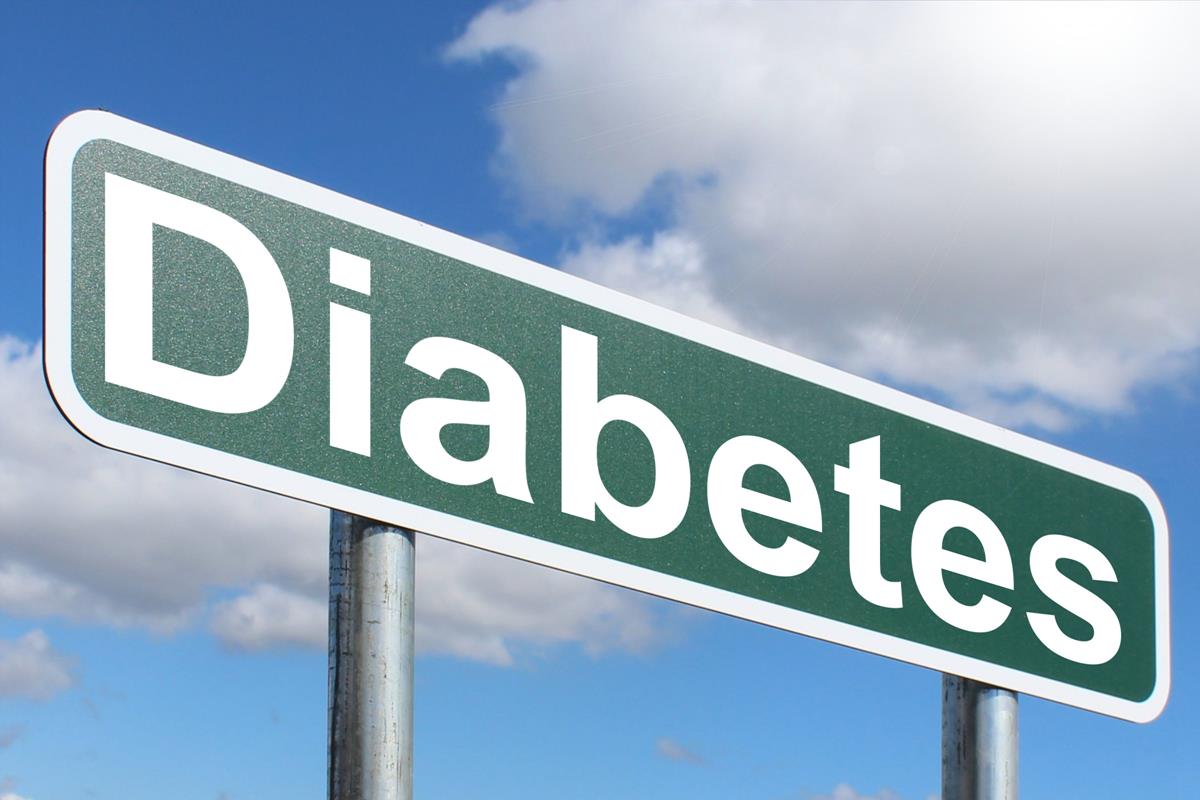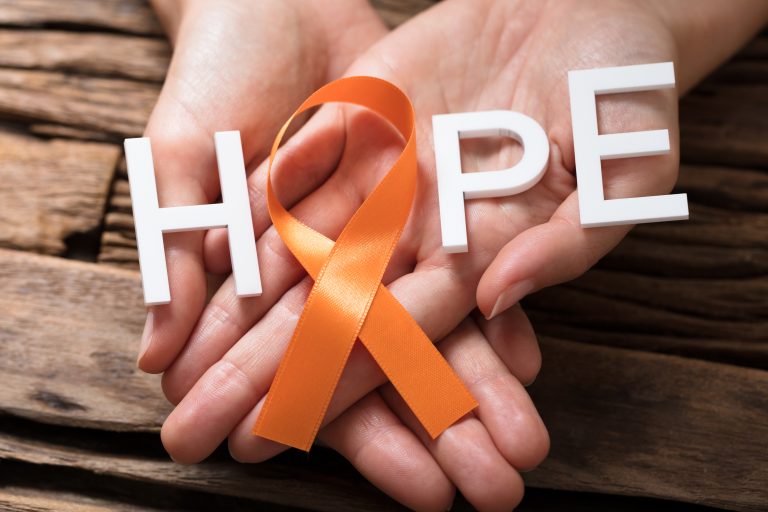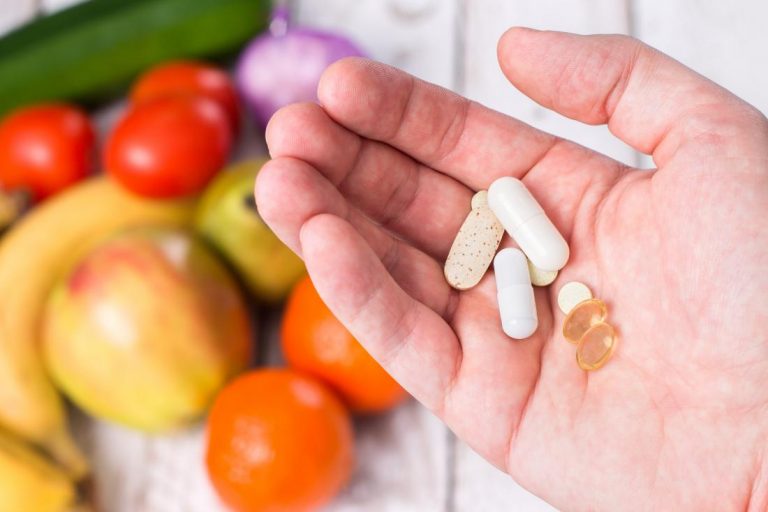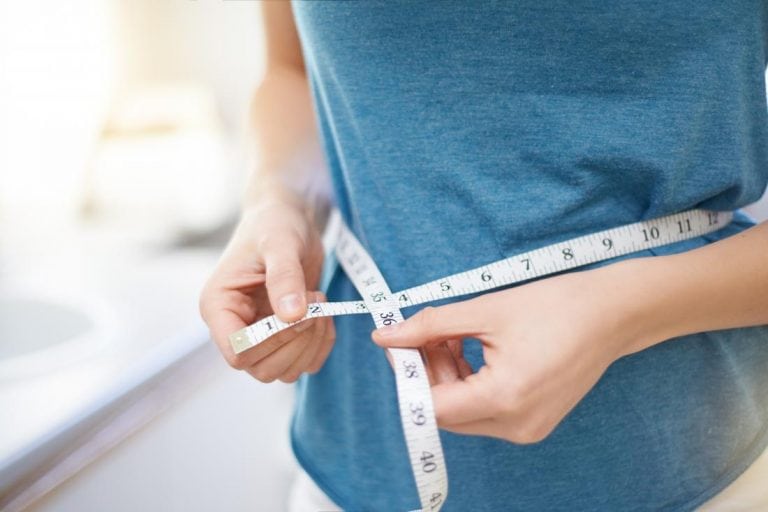
In general, diabetes care focuses on day-to-day living to prevent complications, such as exercising and eating right, but it’s also crucial for you to know how to get help if you have one of these medical emergencies.
Controlling your blood sugar can lower the chances of all of the following emergencies (with the exception of hypoglycemia). You should also keep an eye on your cholesterol and blood pressure to reduce the risk of heart attack and stroke.
Amputation
Tell your doctor right away if you notice any foot injuries, no matter how small, because they can rapidly lead to amputation. You may be referred to a hospital if your condition is serious.
Some hospitals and centers now have “limb salvage” programs to help you keep your feet, such as New York University Medical Center; the Wisconsin Heart Hospital outside of Milwaukee; Riverside Methodist Hospital in Columbus, Ohio; and University Foot & Ankle Institute at various locations in California.
Ask your doctor where you can find the best foot-saving expertise in your area.
Heart attack
The death rate from heart disease is two to four times higher in adults who have diabetes than those without it. You should be aware of heart attack symptoms, such as chest pain, shortness of breath, and nausea; call 911 immediately if you experience them.
Hyperglycemia
High blood sugar can result from not taking enough insulin, eating too much, or being sick or stressed. Symptoms include excessive thirst, excessive urination, and blurry vision. Hyperglycemia can lead to an emergency condition called diabetic ketoacidosis, usually in people with type 1 diabetes.
It can also cause a condition called nonketotic hyperosmolar syndrome in people with type 2 diabetes.
You can often treat hyperglycemia by exercising, according to the American Diabetes Association. If your blood sugar is over 240 mg/dL, you should check your urine for ketones, a potentially harmful substance created when the body burns stored fat for energy.
If your blood sugar is above 240 mg/dL and you test positive for ketones, exercise can make your blood sugar go even higher. Speak with your doctor to create a plan to lower your blood glucose level.
Hypoglycemia
This issue develops when your blood sugar drops below 70. It can be due to taking too much insulin, taking certain oral medications, not eating enough food to match medication, exercising vigorously, or drinking alcohol excessively.
Symptoms may include hunger, shakiness, dizziness, confusion, and sweating. The most common treatment is to check your blood sugar (just to make sure it’s too low, not too high—–it can be hard to tell), then consume something sugary.
The American Diabetes Association recommends consuming 15 grams of carbs in the form of glucose tablets, hard candy, a half cup of juice, or a cup of nonfat or 1% milk. (It’s important to keep one of these items available at all times.)
Wait 15 minutes and then check your blood sugar again. If your blood sugar is still low and you are still experiencing symptoms, have another 15 grams of carbohydrates. Repeat this treatment until your blood sugar is at least 70.
If untreated, hypoglycemia can cause you to lose consciousness. If you pass out from hypoglycemia, you will need immediate attention with an injection of glucagon or–—if glucagon is not available—–emergency hospital treatment.
Kidney failure
Diabetes is the top cause of kidney disease in the United States. About 10% to 40% of people with type 2 diabetes and 30% of people with type 1 diabetes go on to develop kidney failure. To prevent kidney problems, you should have routine tests for protein in the urine, which is one of the first signs of kidney failure.
More advanced kidney failure causes other symptoms, including swelling of the ankles or legs, increased blood pressure, nighttime urination, and a reduced need for insulin or other medications.
Blood-pressure-lowering drugs and other interventions can slow down kidney failure. The only treatment for end-stage renal disease, the most advanced stage of kidney failure, is dialysis or kidney transplant.
Stroke
About two-thirds of people with diabetes die of heart disease or stroke. Rapid treatment is crucial if you’re experiencing stroke symptoms (there’s a three-hour window after a stroke starts in which doctors can use a clot-dissolving drug).
If you think someone is having a stroke, ask them to do three things: try to smile (one side may droop); raise their hands over their head (they may have difficulty on one side); and say a sentence (speech may be slurred). Call 911 if they have any of these symptoms.
Vision loss
Diabetes is the leading cause of new cases of blindness in adults ages 20 to 74. You should be checked by an eye doctor regularly, as retinopathy can often be asymptomatic. You should also call your eye doctor if you have any sudden changes in your vision, such as blurriness or spots in your field of vision where you cannot see.
Depending on how far your retinopathy has advanced, there are different forms of laser surgery available as treatment.

























